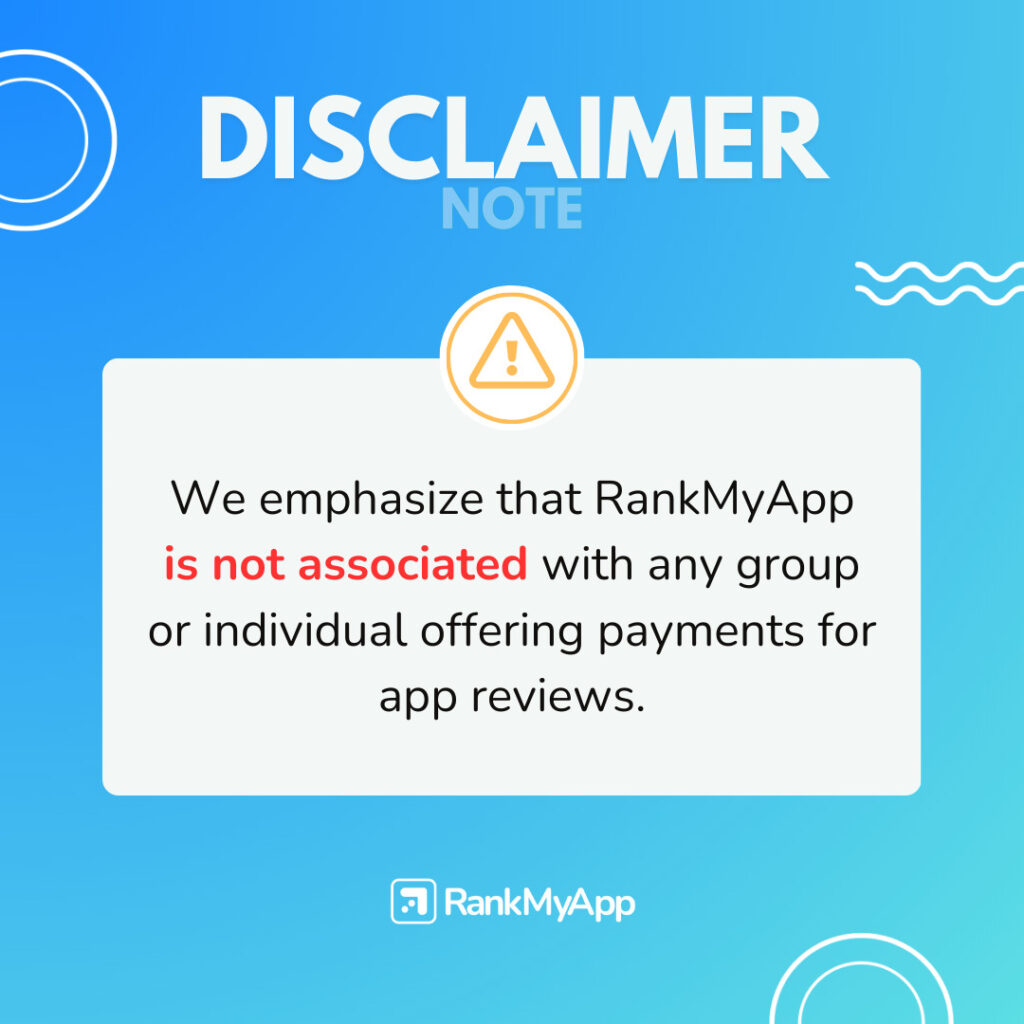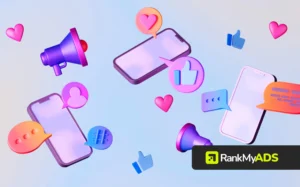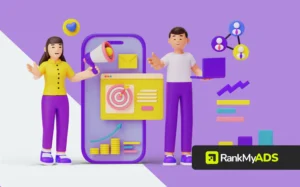Did you know that using a deep link for apps can increase user engagement? That’s what we are going to talk about in this article.
What is deep linking?
When clicked or tapped, a deep link navigates users to content that is relevant to the anchor text. This type of link can be used for mobile apps. Mobile app deep links take users directly to the content you want them to see.
Different types of deep links for apps
There is more than one type of deep link that can be used. Keep reading to learn more.
Traditional mobile app deep linking
This type of link opens the app instead of the web browser but it only works if the user clicking the link has previously installed the app. If the app hasn’t been installed, an error page shows up.
Deferred deep link for apps
This type of link works even when users haven’t installed the app. Those users will be taken to your app’s page in the app store so that they can download it. Don’t forget to optimize your app’s page so that more users will download your app.
Once it’s been downloaded, users will automatically be taken to the content that first interested them.
Contextual mobile deep linking
Contextual links store information about the users who click on those links. This data can then be used for creating customized messages that provide users with the best experience possible.
Custom deep link
A custom deep link is like your app’s own private internet. This link is already part of many apps. However, Apple has banned the use of custom links for iOS apps because they don’t have adequate fallback functionality.
Apple universal links
Apple’s replacement for custom deep links is universal links. When the universal link is clicked either the app or Safari will open. This is determined by a quick scan, which searches for apps on the user’s device that are related to the link. If none can be found, Safari will open instead of the app.
Android deep linking
Not to be outdone by Apple, Google came up with its own link that is similar in functionality to universal links. However, Android developers have been slow to embrace Android links because Google still allows custom deep links.
Benefits of mobile deep linking
The benefits of mobile app deep linking are great! Here are a few listed below.
Provides a better user experience
Deep links take users straight to the content that interests them. Otherwise, users would be taken to your app’s homepage and would have to find the content they wanted to see themselves. They might get frustrated if they can’t find it easily, or they might quickly lose interest and close your app.
Increases user engagement
You know how necessary it is to acquire new users, but have you realized that your retention strategy for keeping those users is just as important? Deep links can be part of that strategy.
Users are more likely to engage with your app if they receive messages that include deep links that take them to the content they are interested in.
Boosts sales
You can use deep links that take users to special deals on products in your app. Maximize sales by personalizing the experience.
Send messages to users offering deals on products they would likely be interested in based on purchase history, and include a deep link in those messages that takes users right to the product.
Gives valuable insight
With contextual deep linking, you can review data that shows which messages are generating the most conversions or engagement. This will help you improve your future campaigns.
Using deep links for apps is an effective strategy for increasing engagement, revenue, and marketing results. Start implementing this strategy now!
Learn more about how to make your app a success by subscribing to our newsletter.




